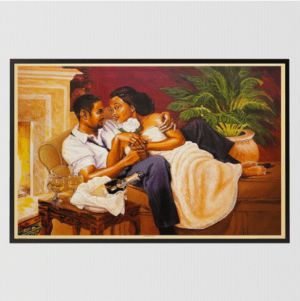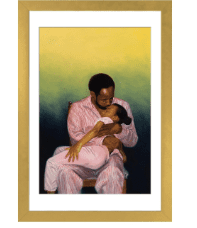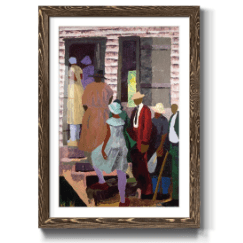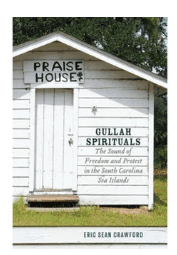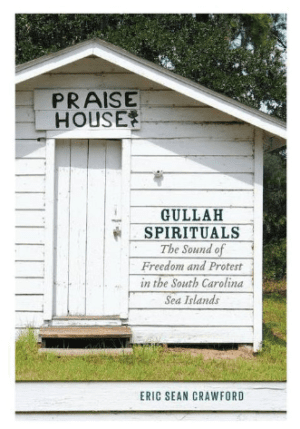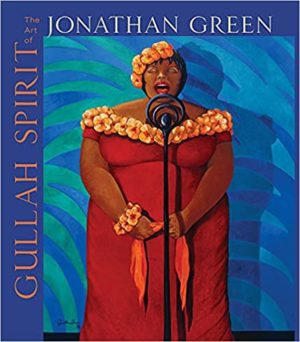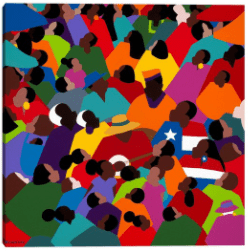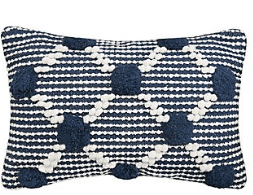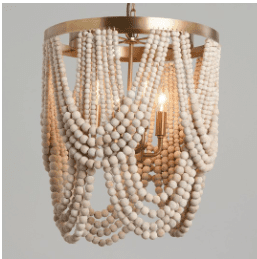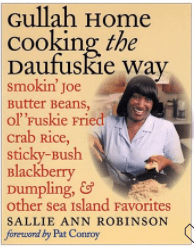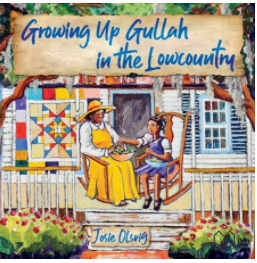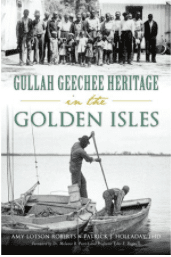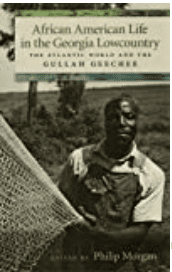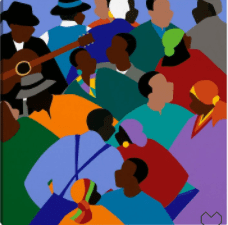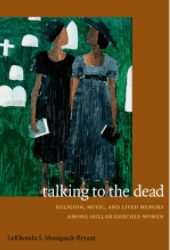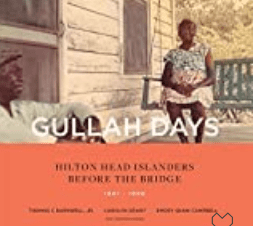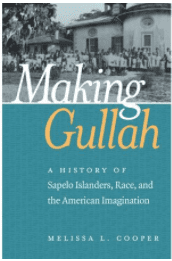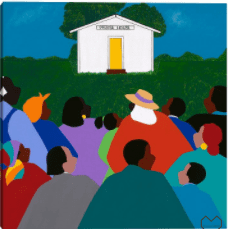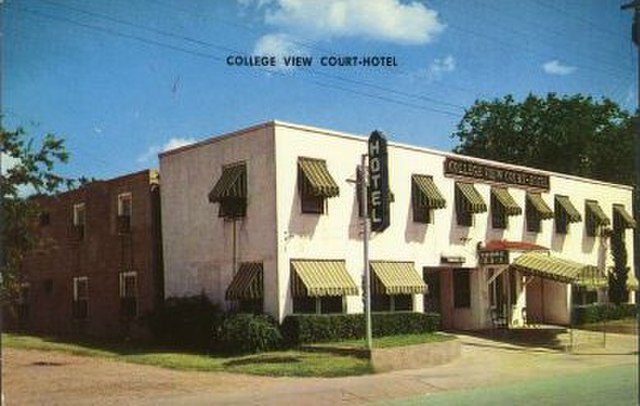
The history of Black independently owned hotels in the United States is an illustrious one that includes ownership to offer accommodations to Black travelers before and during Jim Crow restrictions. Some were inarguably luxurious for their era while some were more modest yet offering the luxury of safety and great conditions to Black tourists. Many shared the same story noting the notables and entertainers who stayed in their dwellings. And many were listed in the Green Book.
We should give a special nod to the people who lived in other regions but also served as pioneers in hotel ownership. Charleston’s Eliza Seymour Lee was a free woman of color who started food businesses and hotels and lodging houses with her husband John in the early 1800s. Together they owned and operated Lee House, the Mansion House and the Jones Hotel in Charleston, and the Moultrie House on Sullivan’s Island. In Washington, DC, James Wormley owned and operated the Wormley Hotel in 1869, which was considered to be the first Black-owned luxury hotel in the country. In Appalachia Ohio, Edward Berry owned the Berry Hotel (whites only) in the 1890s. The Berry Hotel was said to be the first hotel to provide guests with copies of the bible and it was also known for its elevators. The Gist Family of Greensboro, North Carolina owned Magnolia House, purchased in 1949. Magnolia House is the first Black hotel listed as a National Historic Hotel and is on the National Register of Historic Places. It has been revived and is currently functioning as a hotel.
Newly restored Magnolia House. Source: Historic Hotels of America
And out west in Arizona, William “Curly” and Annie Neal, a couple of Black and Native American ancestry owned the luxury resort the Mountain View Hotel in Tucson/Oracle. The Mountain View was created for people with tuberculosis and who wanted relief from the summer’s heat. The property was expansive and elegant with a church among its many amenities. The structure still stands.
The hotels in the Coastal South and on beach fronts provided hospitality to Black tourists vacationing by the ocean or nearby waterways. Here are a few.
The Henry Hotel or the “Henry’s Colored Hotel” in Ocean City, Maryland was owned by Charles and Louisia Henry, who purchased the 20-room building in 1926. In its heyday, Black entertainers and politicians stayed at the Henry. During the tourist off-seasons, the hotel served as a boarding house.
The Bay Shore Hotel in Hampton, Virginia started as a small cottage but in the late 1890s, the Bay Shore Hotel Company turned their property into a luxury resort hotel on the Blacks only side of Buckroe Beach. The hotel featured a dance pavilion, café and an amusement park. The building was destroyed by fire in 1933, but rebuilt though it closed permanently in the 1970s.
Source: WAVY.com
Galveston, Texas entrepreneur Gus Allen owned many businesses on the island, including the Gus Allen Café and Gus Allen’s Hotel. Black businesses were restricted to a section of the waterfront and beach area, when Allen opened his hotel.
Source: Boston Public Library,Tichnor Brothers Postcard Collection
Galveston & Texas History Center
Tailor and insurance entrepreneur Garfield Devoe Rogers built Rogers Hotel located northeast of downtown Tampa in the Black neighborhood called The Scrub, in the Central Avenue residential and business district. Inside the hotel was a restaurant and event venue. Rogers Park Golf Course still exists.
The Sir John Hotel in Miami was home to the popular nightclub Knight Beat, a stop on the Chitlin Circuit. The hotel had a luxurious pool and restaurant. Located in the Overtown section of Miami, the Sir John serviced traveling musicians, national stars, business people, tourists and more.
James Hotel was the only Black-owned hotel during its era in the city of Charleston, South Carolina. The hotel opened in 1952 by the four Washington brothers — George, Edward, Henry, and James. It was situated next to the Ashley Grill, also owned by the Washingtons. The 20-room hotel was closed in 1978.
Source: Flickr
Beauty entrepreneur Eugene Fred Young, Jr. opened the E.F. Young, Jr. Hotel in Meridian, Mississippi in 1946. The hotel had everything a full-service hotel would offer African American tourists, notables, newlyweds and others, including a beauty and barber shop.
Source: WLBT and Young Family Properties, LLC
Honorable mention goes to the Brigantine Hotel in Atlantic City, New Jersey, which was owned by Apex Cosmetics founder Sara Spencer Washington and sold to Father Divine. The hotel was full-service with suites, basic rooms and apartments for long-term guests. It accommodated anyone and was steps to the ocean. Prior to owning the Brigantine, Madame Washington owned an inn, which she turned into her business offices.
Source: Sara Spencer Washington Family
If you want to learn more about Black-owned hotels, search digitized copies of the Green Book or simply visit your local historical society’s website for information and pictures. You will find more than enough to be proud of the women and men who provided lodging as independent hotel owners throughout our nation’s history.
